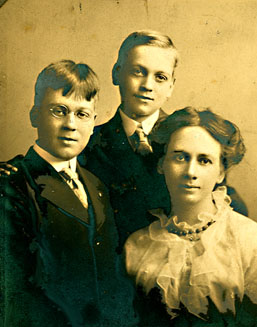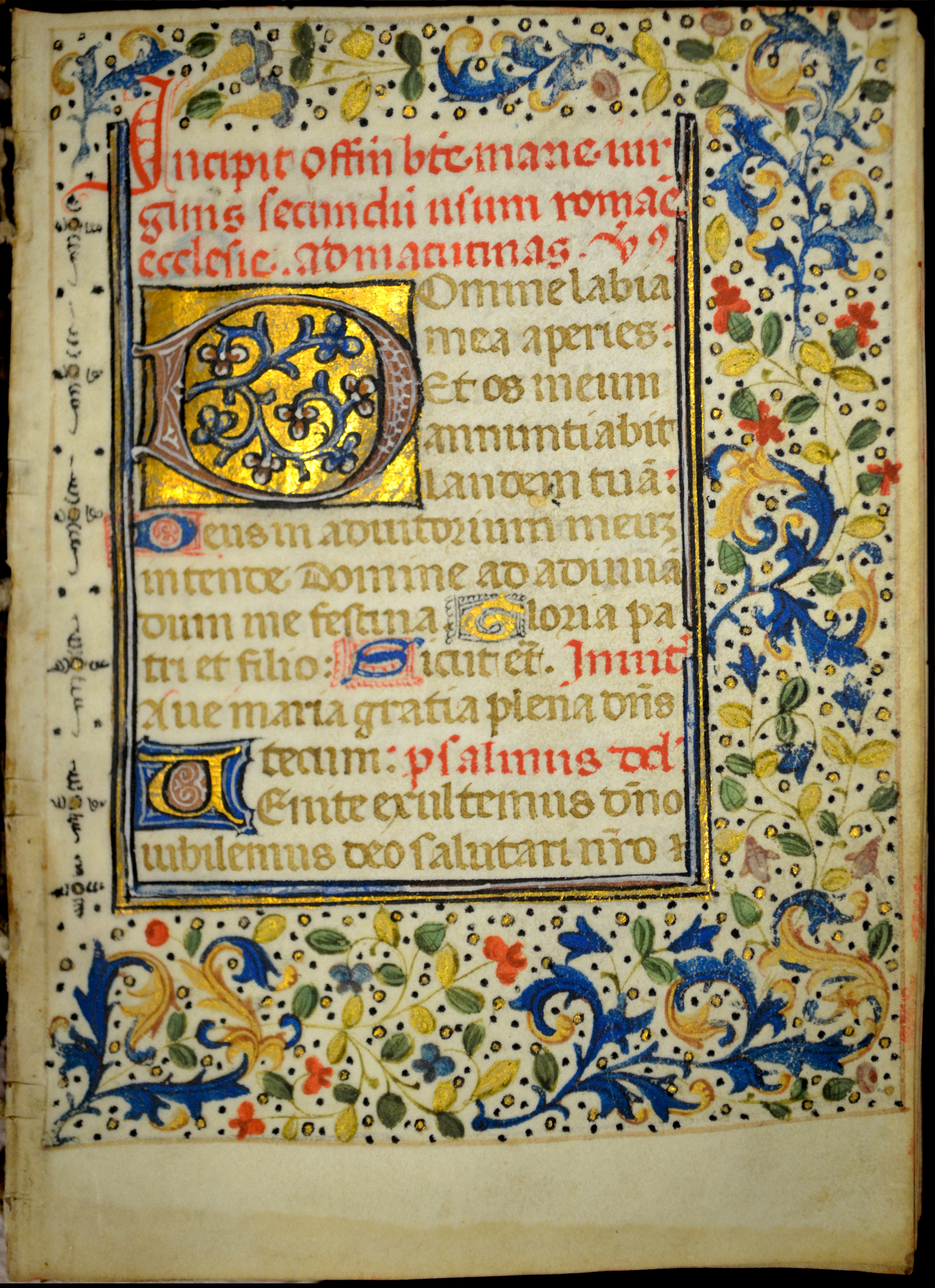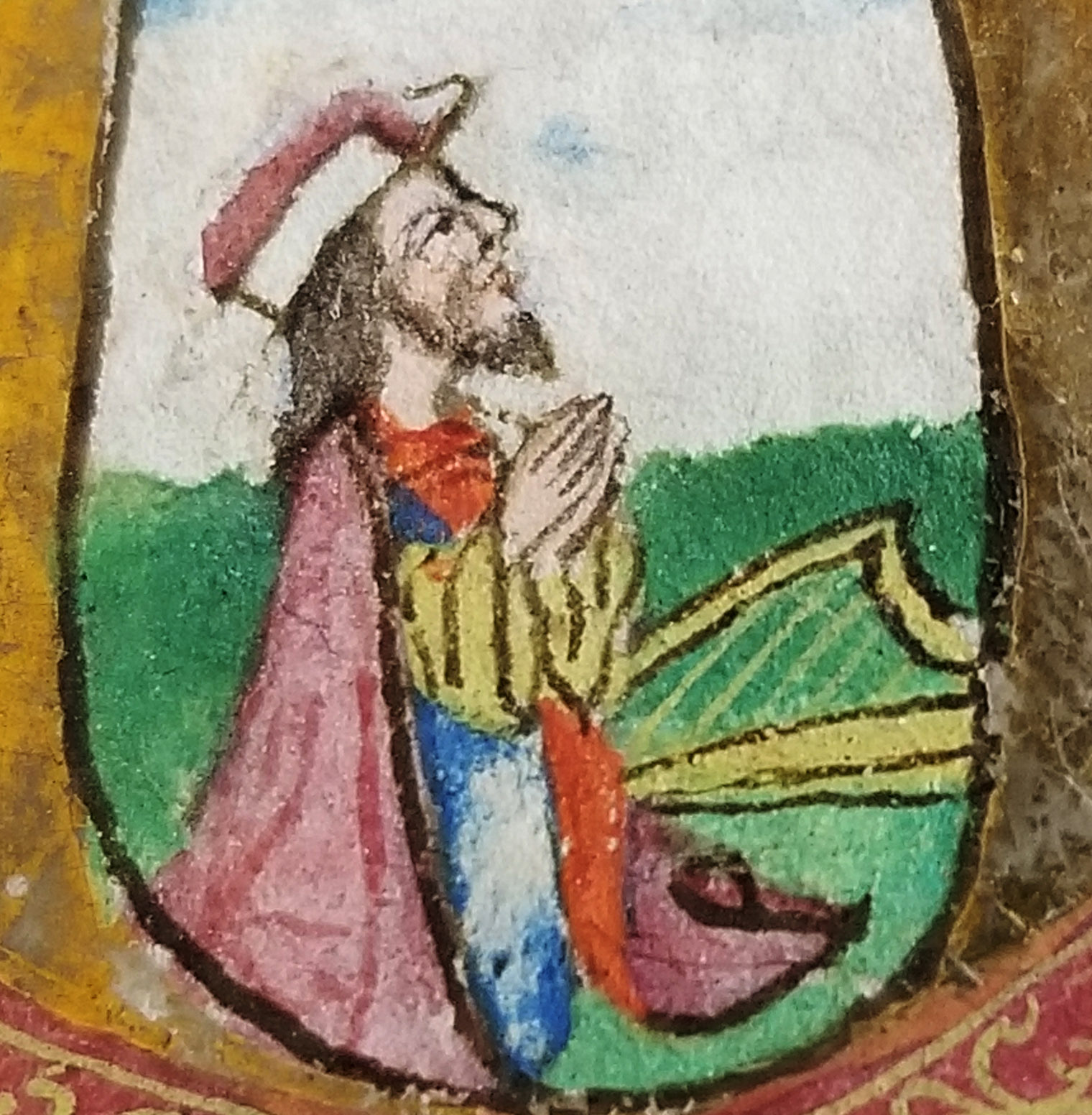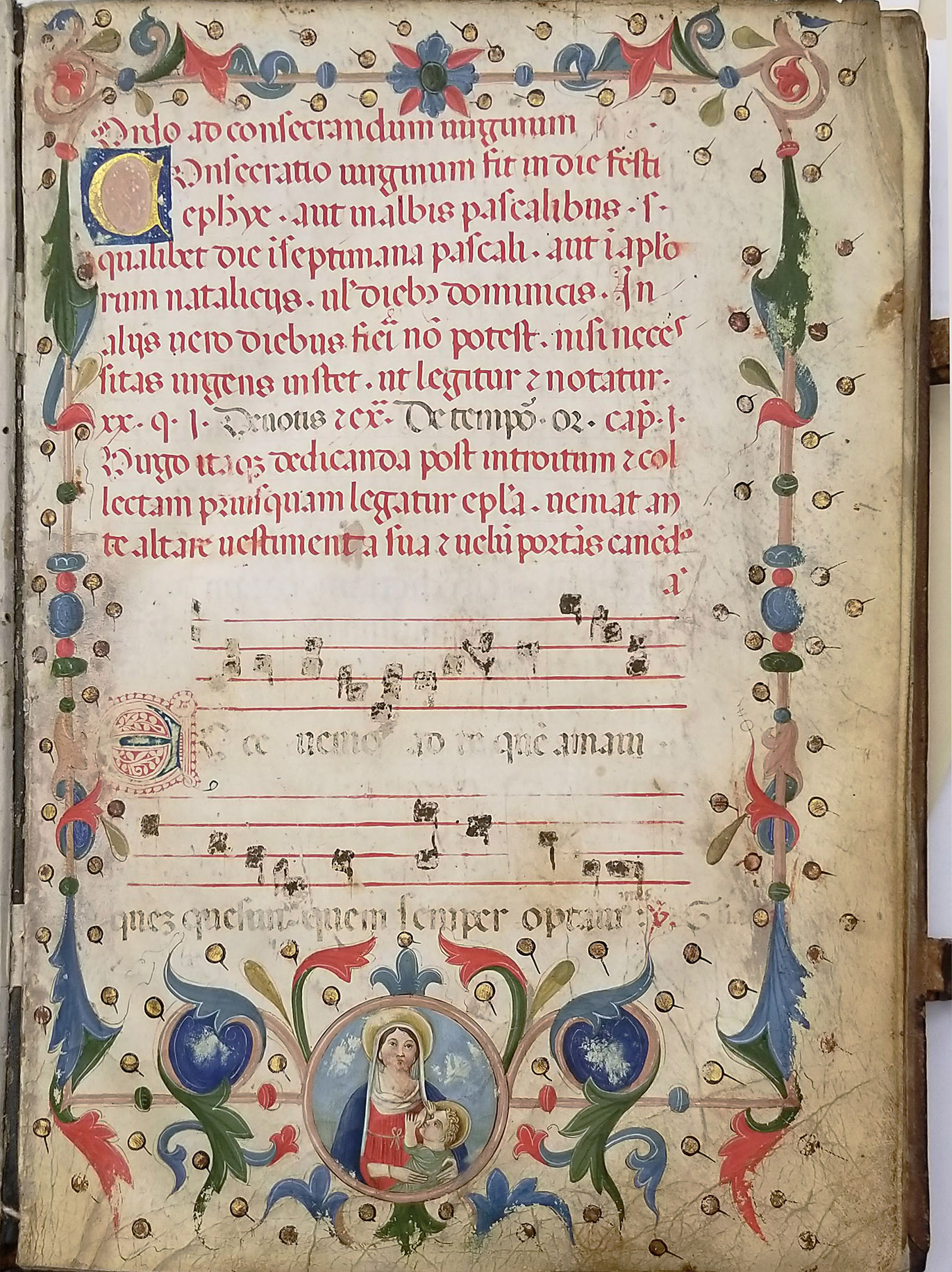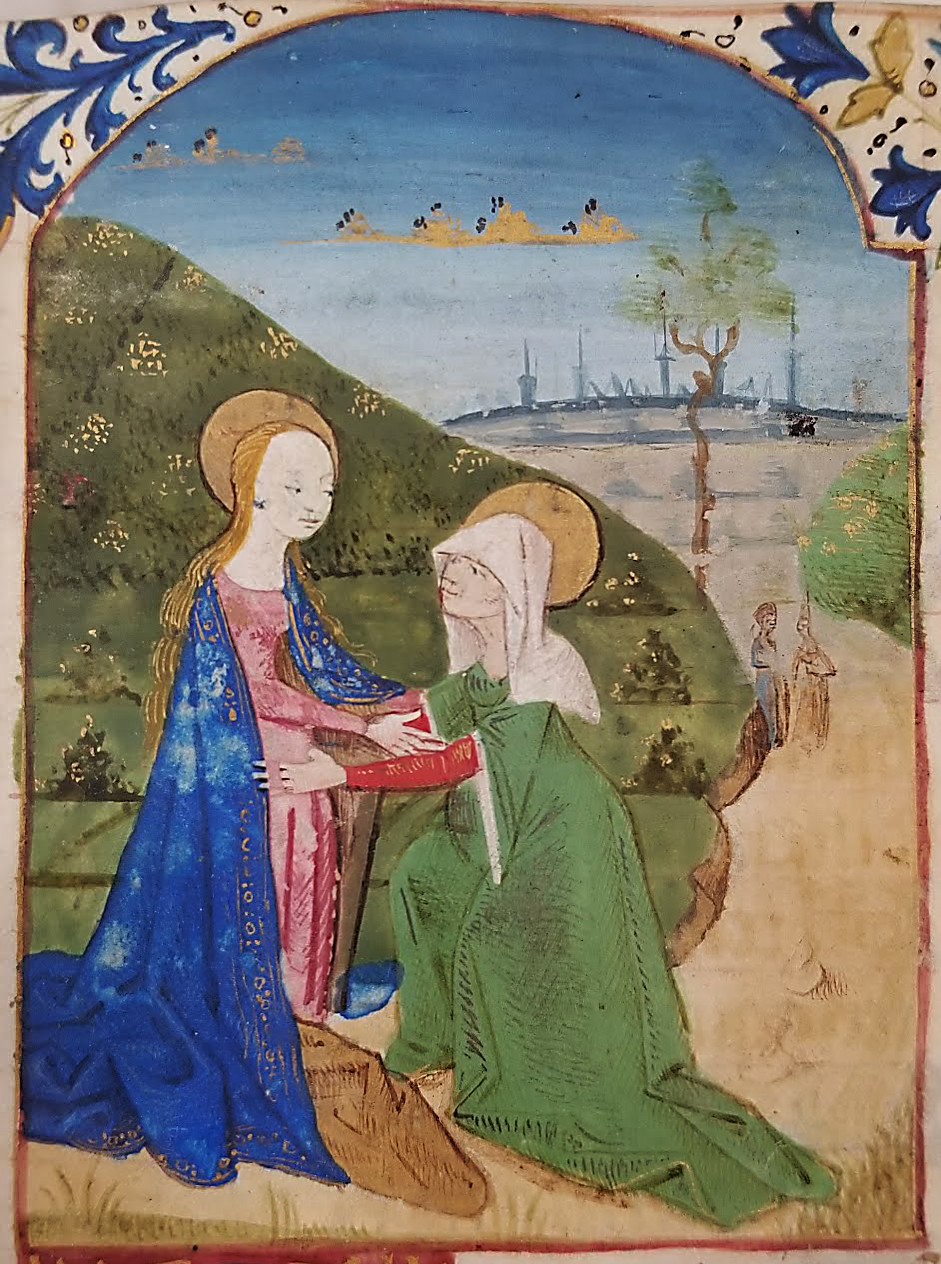Cambridge Central Labor Union Minute book
The Central Labor Union was active in the Boston and Cambridge area as early as the 1870s, and by the turn of the twentieth century, the Cambridge Central Labor Union was a thriving organization. Active in many of the significant labor campaigns of the day, including the struggle for an eight hour day, the regulation of child labor, and the fight for collective bargaining, the Cambridge Central Labor Union was said in the late 1930s to represent nearly 30,000 workers in the city.
The minutes of the Cambridge Central Labor Union document the day to day operations of a union representing a cross-section of trades in the city of Cambridge, its relations to other organized labor groups, and the impact of the Depression of 1929 on working people in Massachusetts.


